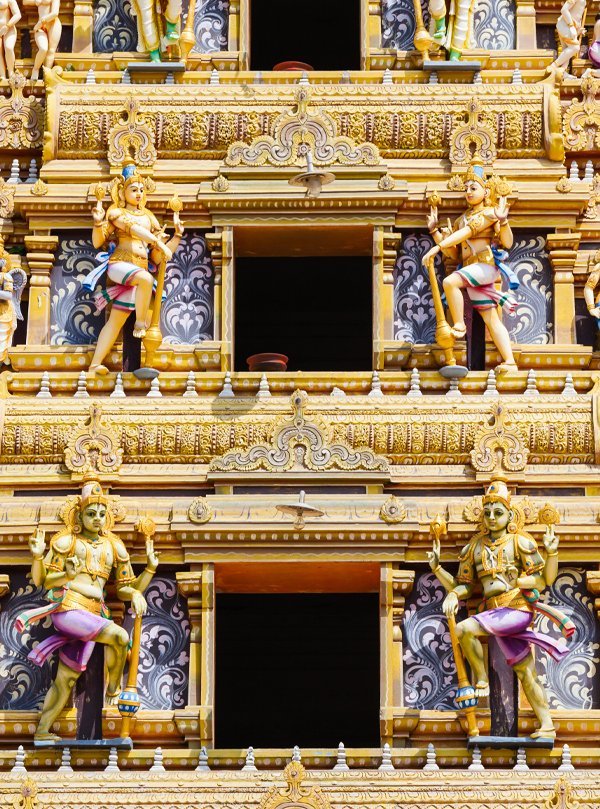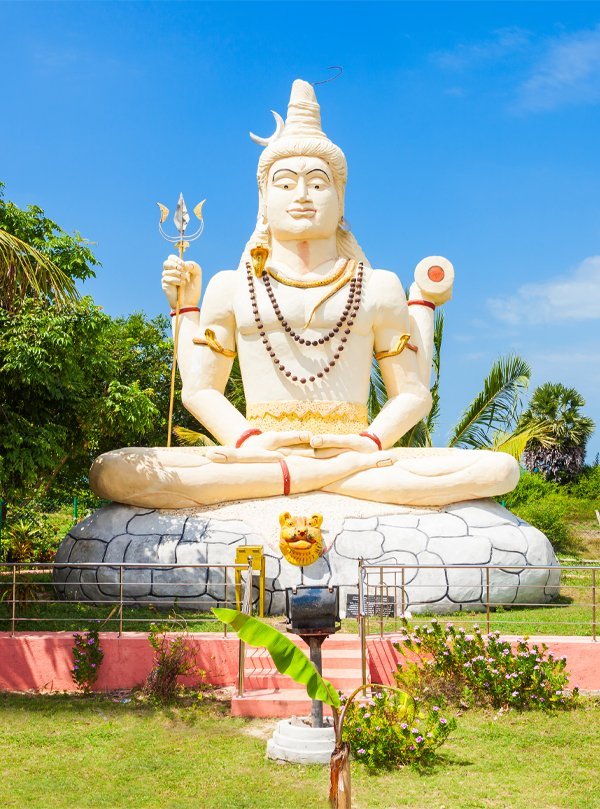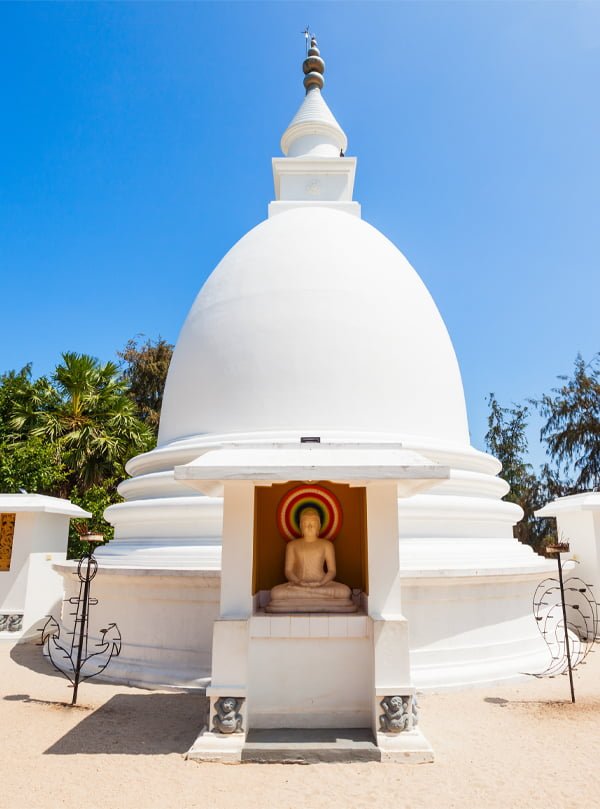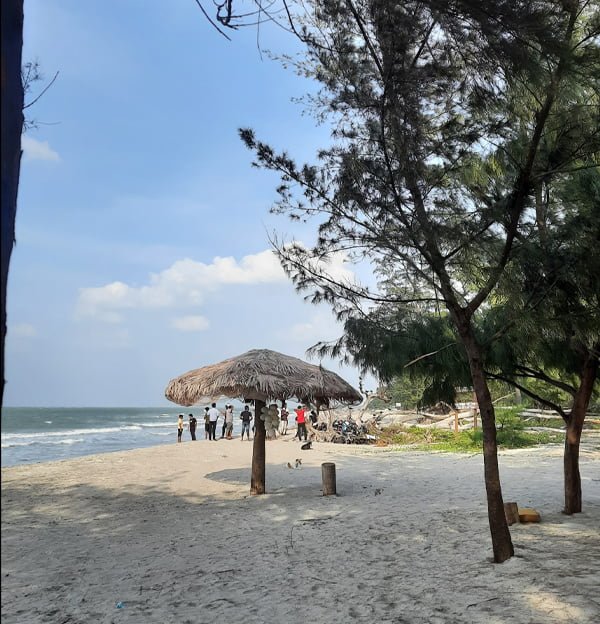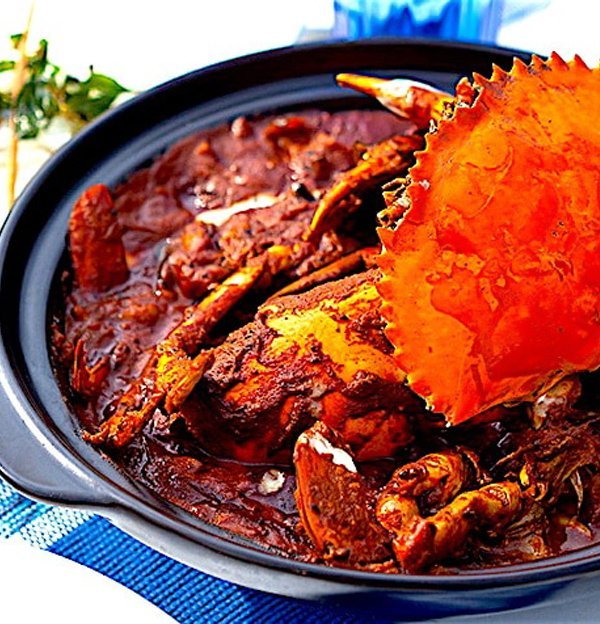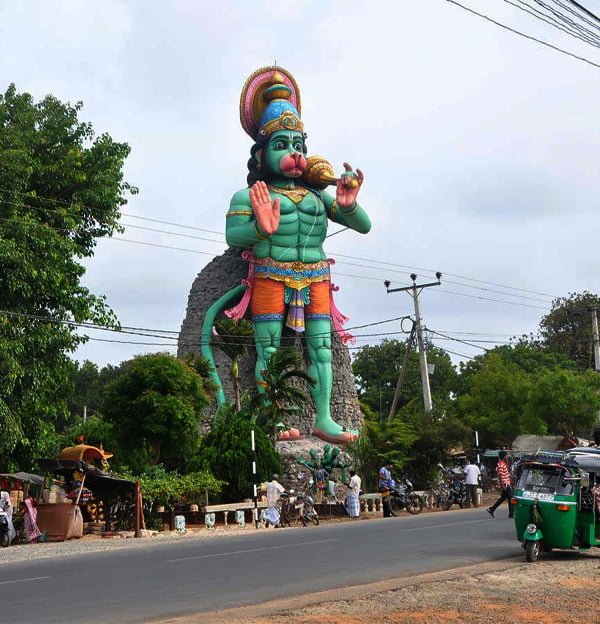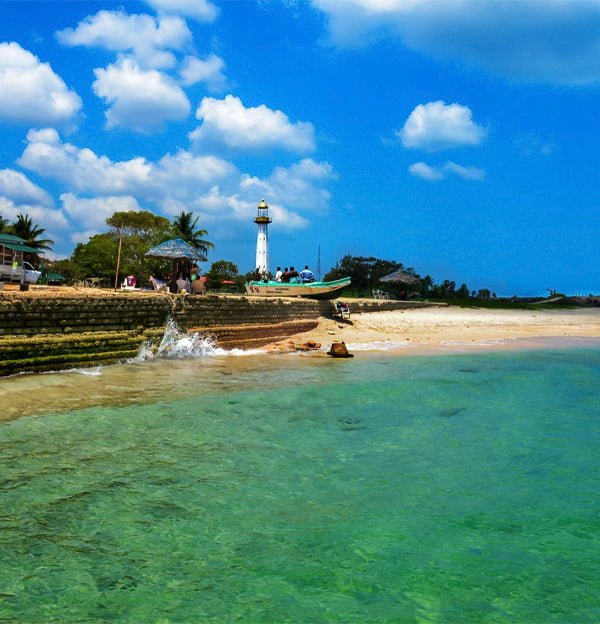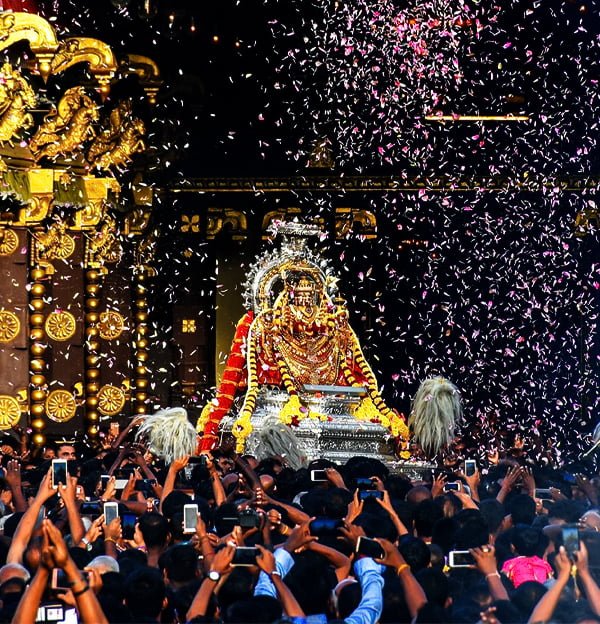Where vibrance colors the land.
Distinguished by its distinctive landscape and rich historical tapestry, Jaffna stands apart as a singular destination within Sri Lanka. Its allure lies in its myriad of renowned landmarks and captivating sights, drawing visitors from both near and far. Across its storied 2000-year history, Jaffna has witnessed the ebb and flow of various rulers, including the Sinhalese, South Indians, Portuguese, Dutch, and English, each leaving an indelible mark on its identity.
Despite enduring a harrowing 30-year civil conflict, Jaffna has emerged resilient, forging its own unique character amidst the remnants of its tumultuous past. Today, it remains a vibrant melting pot of contrasts, reflecting the diverse tapestry of its inhabitants and their enduring spirit.
Jaffna is a historic city located in the northern part of Sri Lanka, on the Jaffna Peninsula.
Geographical Location: Situated at the northern tip of Sri Lanka, Jaffna is the capital city of the Northern Province. It is separated from the rest of the island by the Jaffna Lagoon and connected to the mainland by causeways and bridges.
Cultural and Historical Significance: Jaffna boasts a rich cultural heritage dating back thousands of years. The city was a major center of Tamil civilization and has been inhabited since ancient times. It is renowned for its impressive Hindu temples, such as the Nallur Kandaswamy Temple, which is one of the most significant Hindu religious sites in Sri Lanka.
Colonial Influence: Throughout its history, Jaffna has been influenced by various colonial powers, including the Portuguese, Dutch, and British. These colonial rulers left behind architectural landmarks, such as churches, forts, and administrative buildings, that are still visible in the city today.
Cuisine: Jaffna is famous for its unique cuisine, which is characterized by its use of fresh seafood, coconut milk, and aromatic spices. Traditional Jaffna dishes include seafood curries, crab curry, and various types of dosai (a type of savory pancake).
Natural Beauty: The Jaffna Peninsula is known for its scenic beauty, with palm-fringed beaches, mangrove forests, and picturesque islands dotting the coastline. Popular beach destinations in Jaffna include Casuarina Beach and Nagadeepa Island.
Post-War Reconstruction: Following the end of the Sri Lankan Civil War in 2009, Jaffna has undergone significant reconstruction and development efforts. Infrastructure projects, such as road improvements and the restoration of historical sites, have helped revitalize the city and stimulate economic growth.
Cultural Events: Jaffna is home to several cultural events and festivals throughout the year, including the Nallur Festival, which celebrates the Hindu deity Murugan and attracts thousands of devotees from across Sri Lanka and the world.
Overall, Jaffna is a city steeped in history, culture, and natural beauty, offering visitors a unique and memorable experience that reflects the rich tapestry of Sri Lanka’s northern region.



